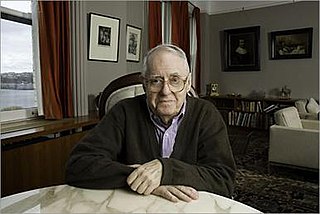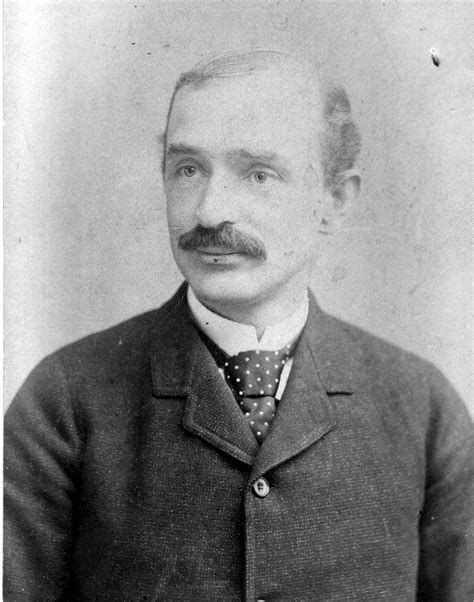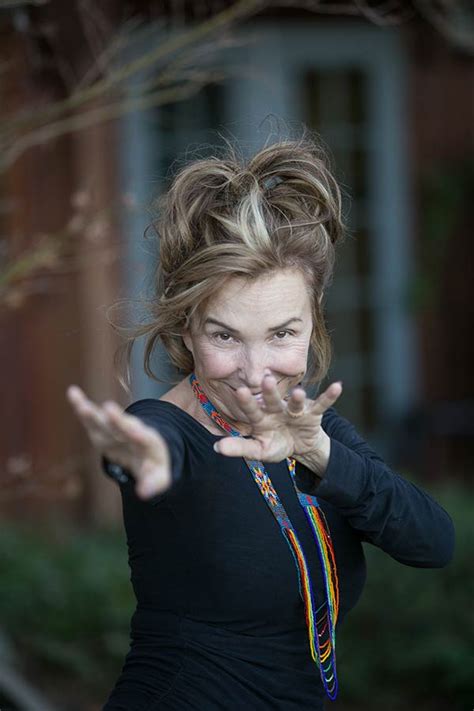A Quote by Gary Valentine
Mythologies were the earliest dreams of mankind, and in the psychotic delusions of his patients, Jung believed he was encountering those dreams again. Freud, too, believed that the psyche retained archaic vestiges, remnants of our earlier mental world. But for Freud these were a burden we were forced to repress. Jung instead would see them as a reservoir of vital energy, a source of meaning and power from which, through the over-development of our rational minds, modern mankind has become divorced.
Quote Topics
Again
Archaic
Become
Believed
Burden
Delusions
Development
Divorced
Dreams
Earlier
Earliest
Energy
Forced
His
Instead
Jung
Mankind
Meaning
Mental
Minds
Modern
Modern Man
Our
Over
Patients
Power
Psyche
Psychotic
Rational
Remnants
Reservoir
See
Source
Them
Those
Through
Too
Vital
Were
Which
World
Would
Related Quotes
Unlike Freud, Jung did not believe that a dream is a mask for a meaning already known but deceitfully withheld from the consciousmind. In his view, dreams were communication, ideas expressed not always straightforwardly, but in the best way possible within the limits of the medium. Dreaming, in Jung's psychology, is a constructive process.
Freud, Jung thought, had been a great discoverer of facts about the mind, but far too inclined to leave the solid ground of "critical reason and common sense." Freud for his part criticized Jung for being gullible about occult phenomena and infatuated with Oriental religions; he viewed with sardonic and unmitigated skepticism Jung's defense of religious feelings as an integral element in mental health. For Freud, religion was a psychological need projected onto culture, the child's feeling of helplessness surviving in adults, to be analyzed rather than admired.
Philemon explained how Jung treated thoughts as though they were generated by himself, while for Philemon thoughts were like animals in the forest, or people in a room, or birds in the air. Jung concluded that Philemon taught him psychic objectivity, the reality of the psyche. This helped Jung to understand that there is something in me which can say things that I do not know and do not intend.
Jung first gave us the term ‘shadow’ to refer to those parts of our personality that have been rejected out of fear, ignorance, shame, or lack of love. His basic notion of the shadow was simple: ‘the shadow is the person you would rather not be.’ He believed that integrating the shadow would have a profound impact, enabling us to rediscover a deeper source of our own spiritual life. ‘To do this,’ Jung said, ‘we are obliged to struggle with evil, confront the shadow, to integrate the devil. There is no other choice.’
Like lots of baby boomers, I was brought up on archaic anthropomorphism. Upstanding Christian dogs. Rabbits with family values. Because the ancient texts and pictures were sacred - Potter, Milne and the rest. Even concerned parents who knew Freud and Jung never saw the contradictions in feeding us on them.
I like dreams. I think there's a lot of information in them. I spent a lot of time on Jungian analysis and dreams are an elemental part of that process. Carl Jung believed very much in the power archetypes in dreams, what dream imagery means, and how you can tie it into deeper self examination. It's a big part of the therapeutic process.
Freud believed that our dreams sometimes recapitulate a speech, a comment we've heard or something that we've read. I always had compositions in my dreams. They would be a joke, a piece of a novel, a witticism or a piece of dialogue from a play, and I would dream them. I would actually express them line by line in the dream. Sometimes after waking up I would remember a snatch or two and write them down. There's something in me that just wants to create dialogue.
He is not simply looking into the mirror because he is transfixed by what he sees. Rather, the artist’s success depends as much as anything on his powers of detachment, on de-narcissizing himself… Freud… studied his own dreams not because he was a “narcissist,” but because he was a student of dreams. And whose were at once the least and most accessible of dreams, if not his own?
Didn't we all have dreams when we were young? But the reality of making a living took over when we had to pay our bills, rent our apartments, raise our families, and take care of others. We sacrificed our dreams, repressed them, or delegated them to the background until they were so far away that we forgot they ever existed.
Israel is imperfect, of course it is - a far cry from the monumental dreams of the founding fathers. One of the reasons is that their dreams were unrealistic. They were bigger than life. These were messianic dreams, dreams about total redemption for the Jews, for the world. Such dreams do not come true, not in their entirety.




































